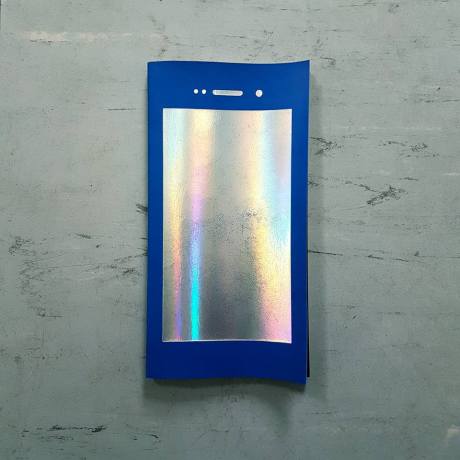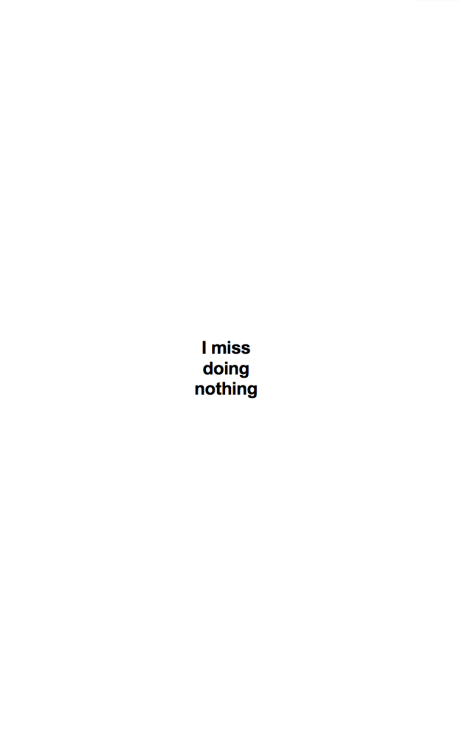
- “Cities may not cohere the way you think they do.” She walked across the first of the six lanes comprising the infernal highway. “You walk across the same road you’ve used for fifteen years. You see half a dozen not-quite-things—a tree in bloom, a mobile phone transmitter, some pulverized bird.”
- She moved past the second lane, cars ignoring her reckless presence, cars hurtling from place to promised time. Each one, that dream, Autopia. “Like star constellations. When we draw a line around them, we’re giving them a name, so we can believe they exist in a way we think we exist.” [She took out her phone. She duckfaced and selfied the moment. Filter? Nashville. Lo-Fi. Perpetua. <SEND>.] “When we do that with, say, a tree in bloom, a mobile phone transmitter, some pulverized bird, we are making that outline a ‘city.’”
- Lane 3 was no match for her blind faith. This forward-facing futurist. “The city is an object wished for.”
- The fourth lane was next, and this time, did she float across? “My father said, ‘Constellations are the product of human perception rather than astronomical realities.’ He was right. That’s how they look from earth.” Infinite formlessness freaks us out. But, an animal or a chariot inscribed in the sky makes the universe more human and makes us more like the universe.
- She said these words as she fought across the fifth, penultimate lane, made easier or more difficult by the increased traffic at this time of day. People heading home. To be unalone. To dream of escaping this chronic city. “The moments we call crises are ends and beginnings. This, you.”
- He had the answer—waiting patiently on the other side of the six-lane highway, a clogged artery—and she was so close to him now, her heart, more mess than myth. She could smell his eau de cologne. Maybe? Patchouli gasoline. Yes. They gazed across the bullet-fire of vehicles. He stared at the selfie she has just sent him, adding a new filter. Perpetua. Aden. Willow. They longed reunion. In two hours time, they’ll stop fucking each other in a gasp of heady, indefinable pleasure, wordless and breathless, creatures conditioned by places. Places as pleasure. His outline, then hers. No name for this conjoining except, “We.” Perhaps? Possibly? Love is a highway that’s never quite finished, never quite started. And yet, two hours before their future post-coital cool, a red car—roof down, young couple in front, escaping the drudgery of their suburban lives, the smell of life fading away like cheap eau de cologne—crashes into the woman and the man, on the hard shoulder of this six-lane highway at the start of the long holiday weekend. Willow. Aden. Perpetua.
*“Later, Whitehead introduces a new a primitive notion which he calls an actual occasion. For Whitehead, an actual occasion (or actual entity) is not an enduring substance, but a process of becoming. As Whitehead puts it, actual occasions are the ‘final real things of which the world is made up,’ they are ‘drops of experience, complex and interdependent.’” The Stanford Encyclopaedia of Philosophy http://plato.stanford.edu/entries/whitehead/#WM
Commissioned for Jitesh Kallat’s monograph, edited by Natasha Ginwala.

